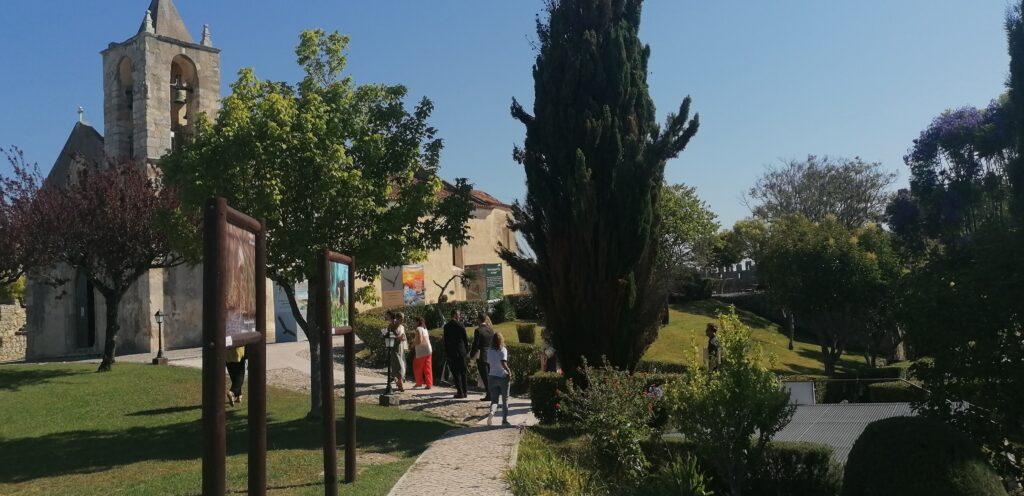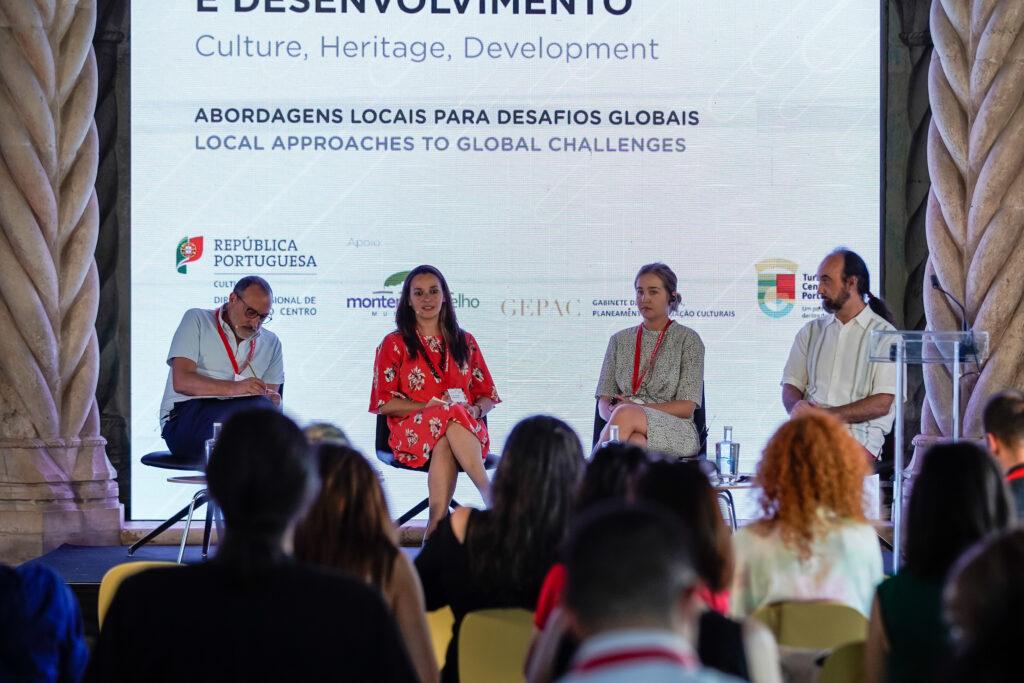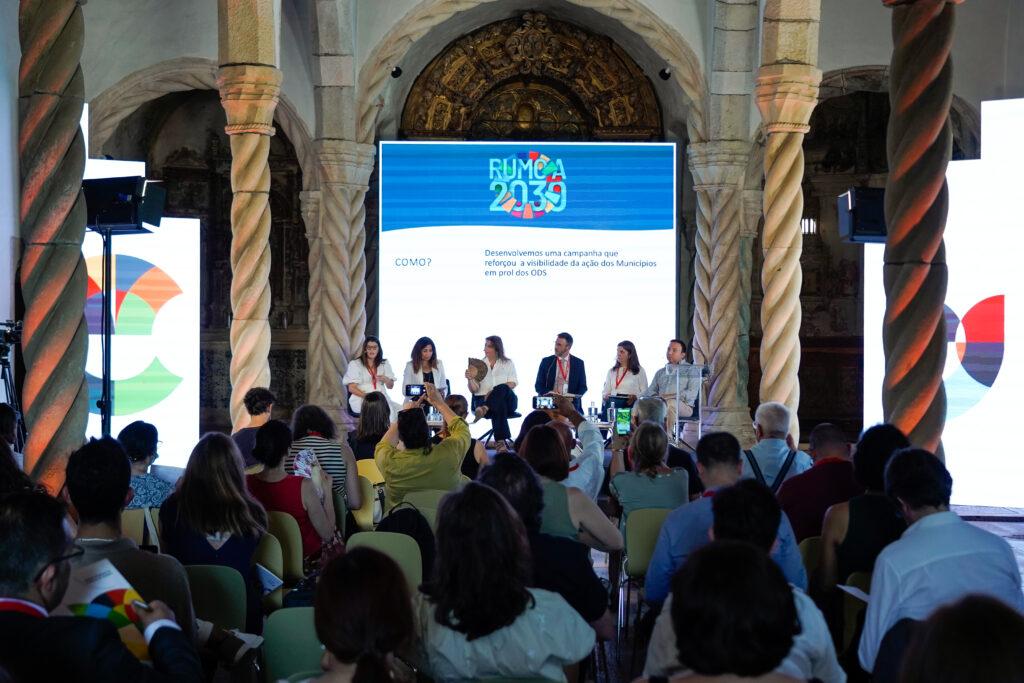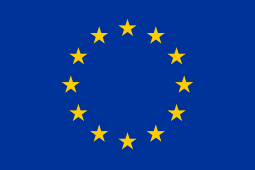From 6 to 8 July 2022, MILE joined the “International Conference “CULTURE. TERRITORY AND DEVELOPMENT | Local approaches to global challenges” that took place in Montemor-o-Velho, a municipality of the Coimbra District. This was the third edition in a cycle of conferences organised each year since 2019 by Portugal’s Regional Directorate of Culture of the Centre (DRCC).
The event cycle aims to promote regular and holistic discussions, exchanges and reflections on the role of culture in the development of territories and features perspectives from the local, national and international level. For this, the annual conference brings together policy- and decision-makers, the culture and heritage sector, the artistic sector and civil society to discuss sectoral and global challenges as well as local, national, European policy solutions.
This year’s conference was structured into three themes:
- Public policy challenges and the role of culture at the national and European level, including through the New European Bauhaus
- Sectoral challenges for the cultural and creative sectors
- Societal challenges such as tackling climate change, achieving sustainable development and promoting the inclusion of vulnerable groups in society as well as the well-being and participation of all citizens



Representing the MILE project during the conference Vanessa Cotterell (UNITEE) joined the panel discussion on “Inclusion through culture” to present MILE’s aims, approach and activities and draw parallels with the other intitiatives presented. The other speakers included Marta Silva, presenting Largo Residências (Lisbon), Paulo Lameiro, from SAMP Arts School Leiria, presenting the project ‘Opera in Prison’ belonging to the EU-funded Traction project and Sérgio Marques, Cinema Insuflável (“Inflatable Cinema”).
The panellists each presented their projects and organisations while exchanging views on common challenges and best practices. Together with interventions from the audience, the panel focused on current challenges and solutions for projects working on inclusion and aiming to support local communities and in particular groups and individuals at the risk of exclusion. In particular, challenges such as funding and sustainability of not-for-profit, social and cultural projects were addressed and discussed in a wider context. Moreover, participants discussed the notion of the “other” in society, our perception of “us” and the “other” and how such projects aim to use empathy to promote more inclusive policies.
A point was made regarding MILE and the project’s plans to develop consultative bodies and exchange platforms with migrant groups and municipalities. Here, the idea was raised and explored that in the long run, migrants and refugees could be paid by local authorities as independent advisors for their consultative services in the local policy-making process. This could enhance and diversify the policy-making process in the municipality, make the consultation process more sustainable and create job opportunities for migrants.
The fourth edition of the conference is planned for 2023.

